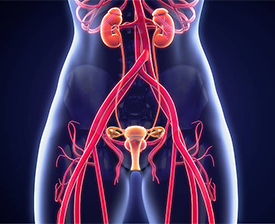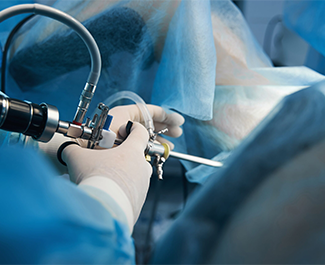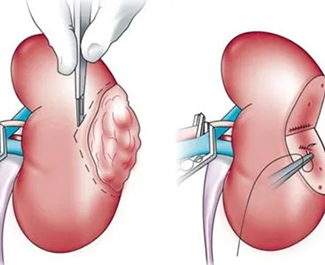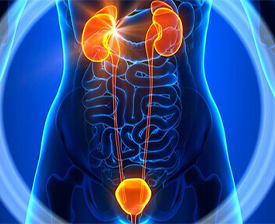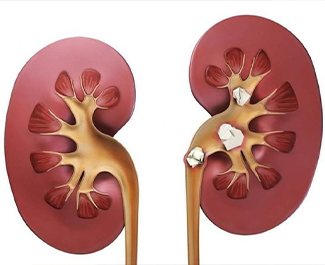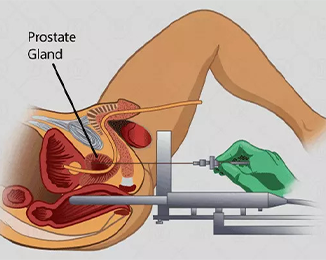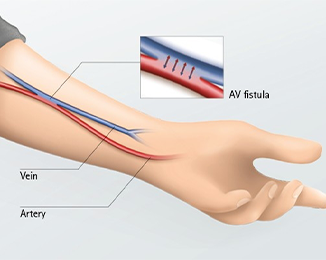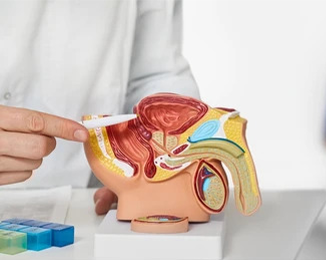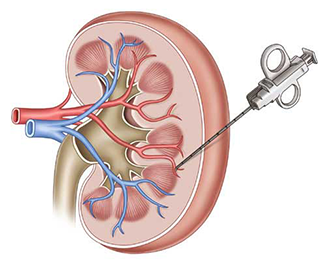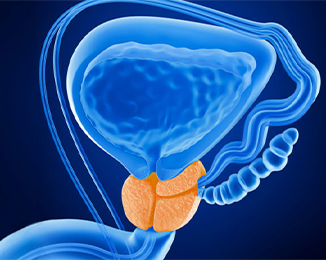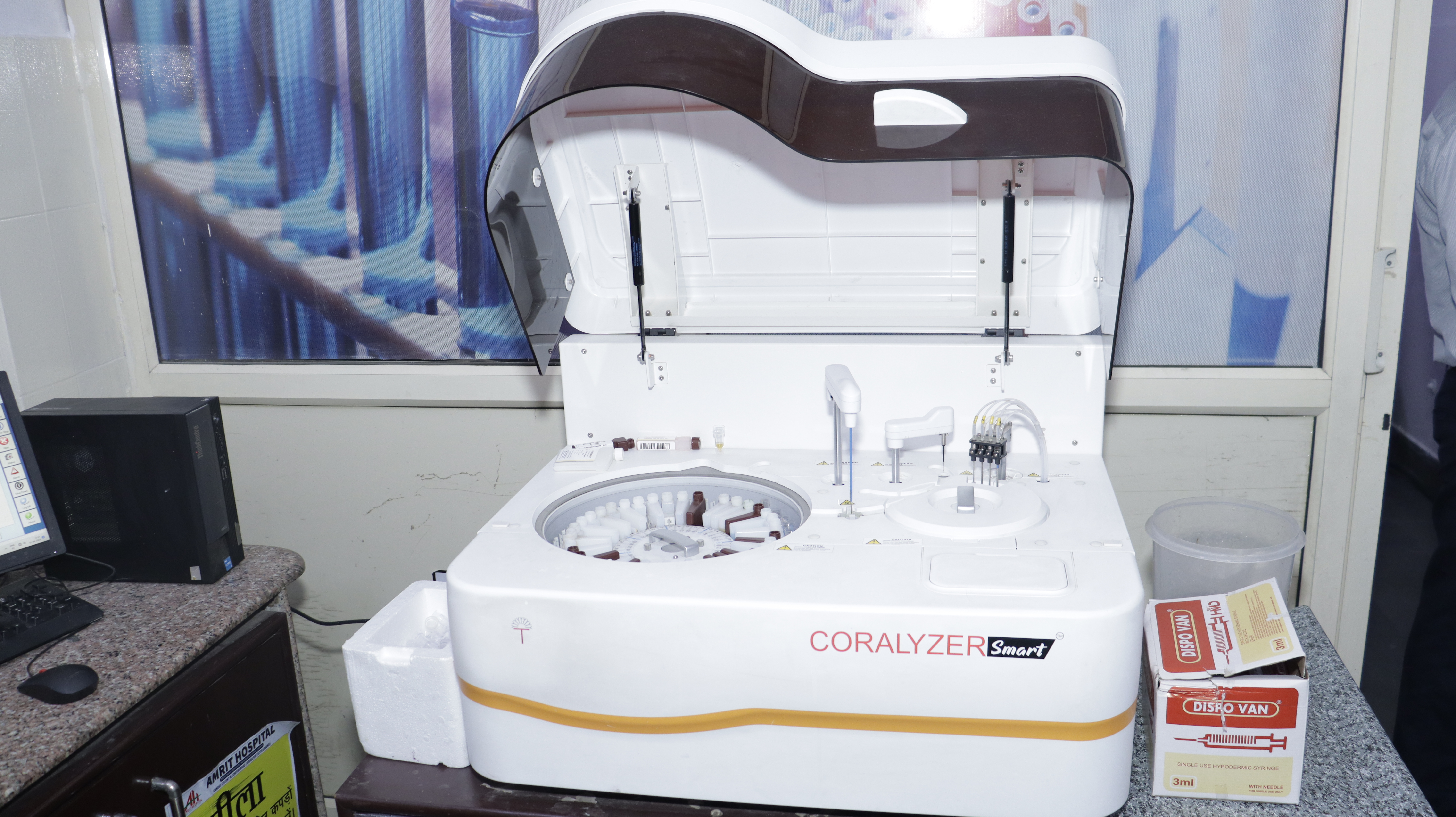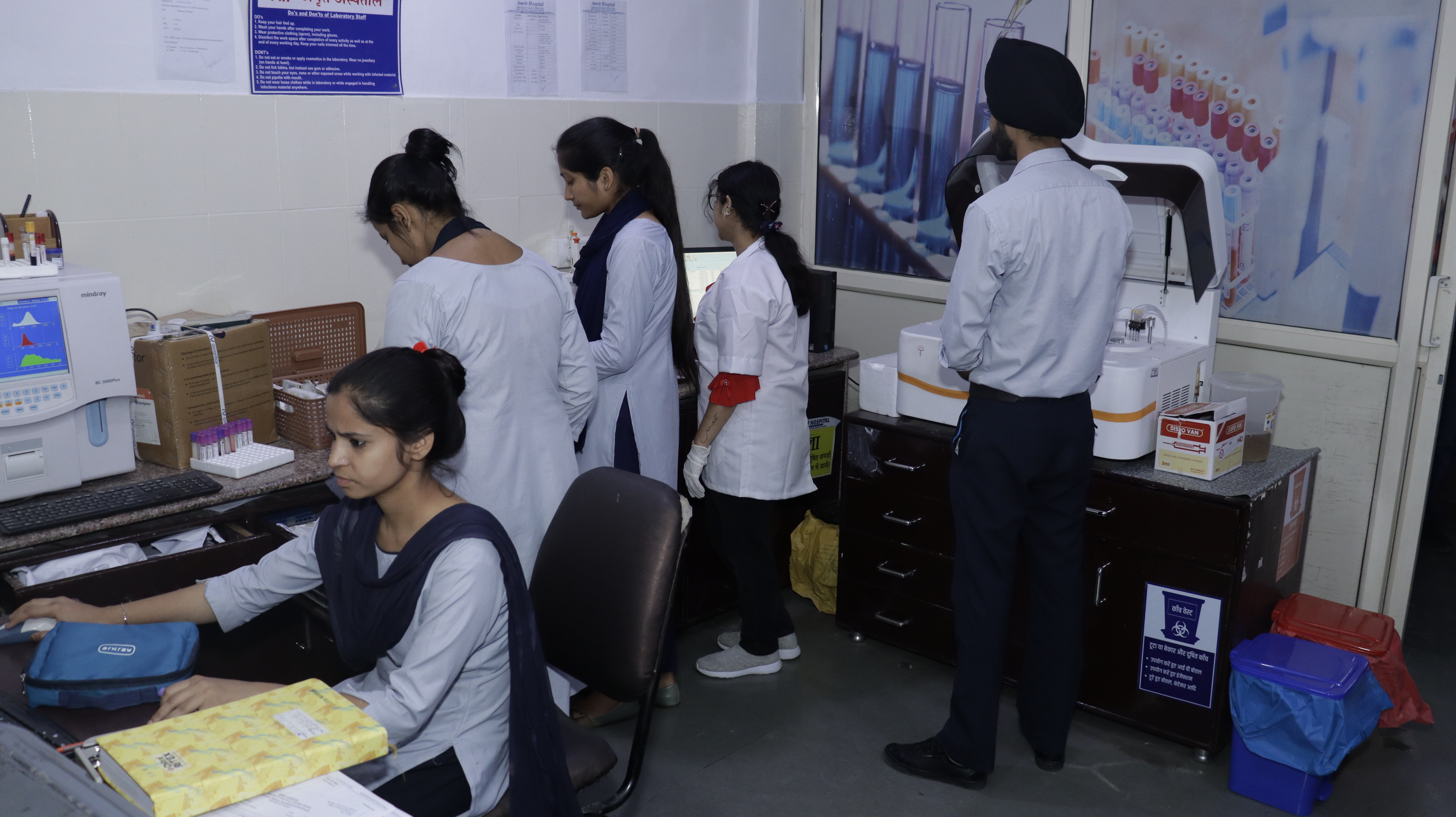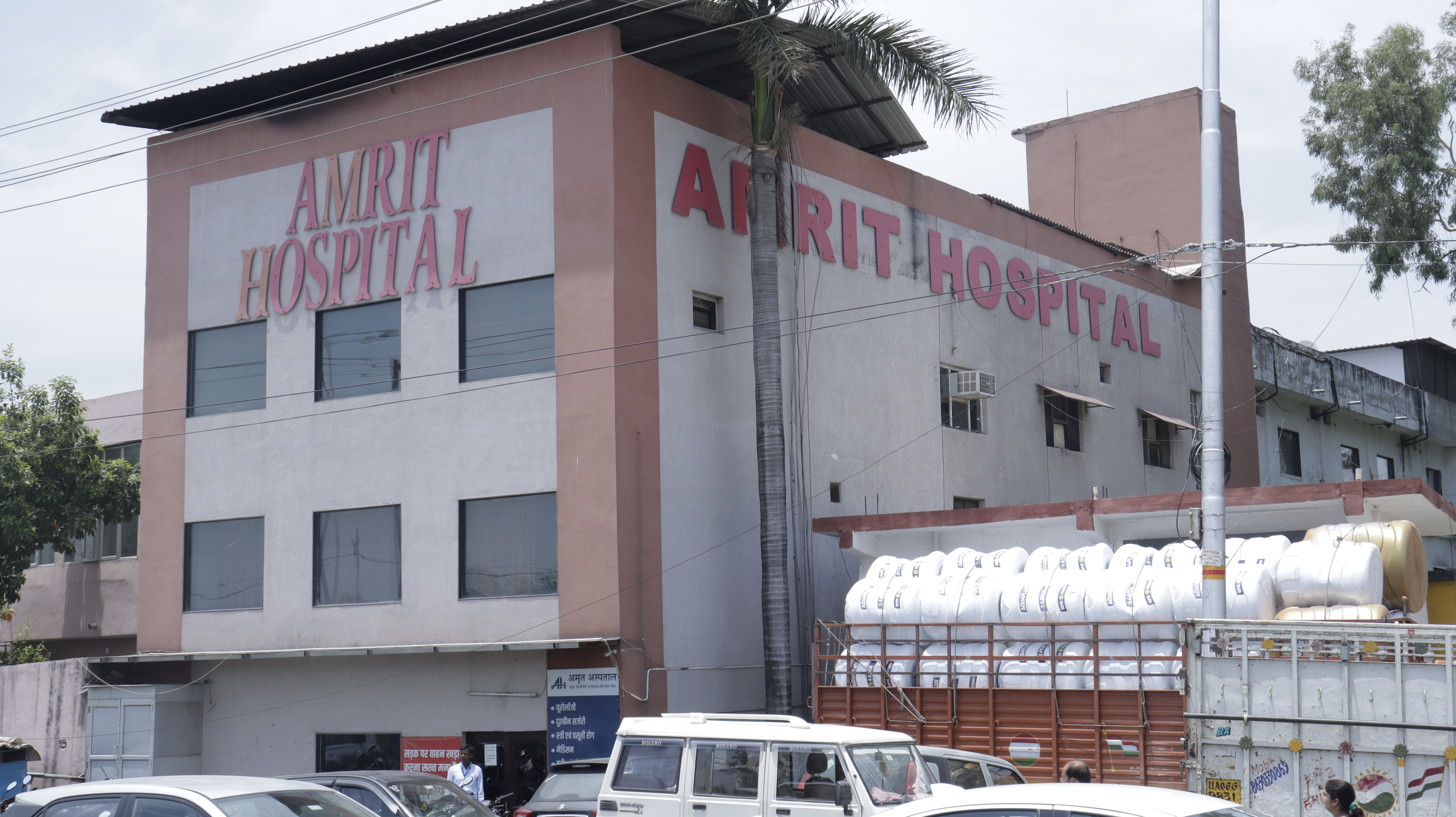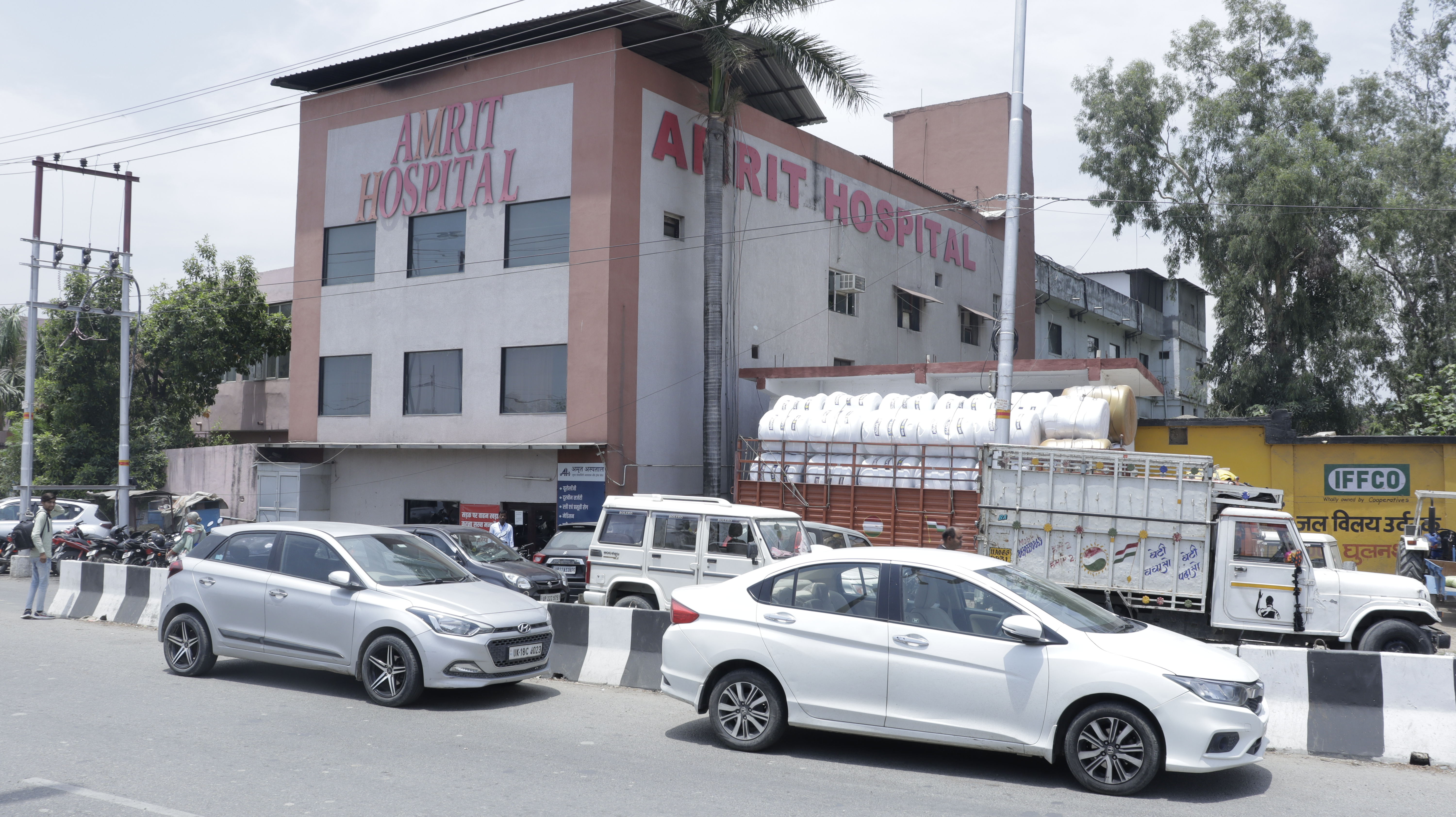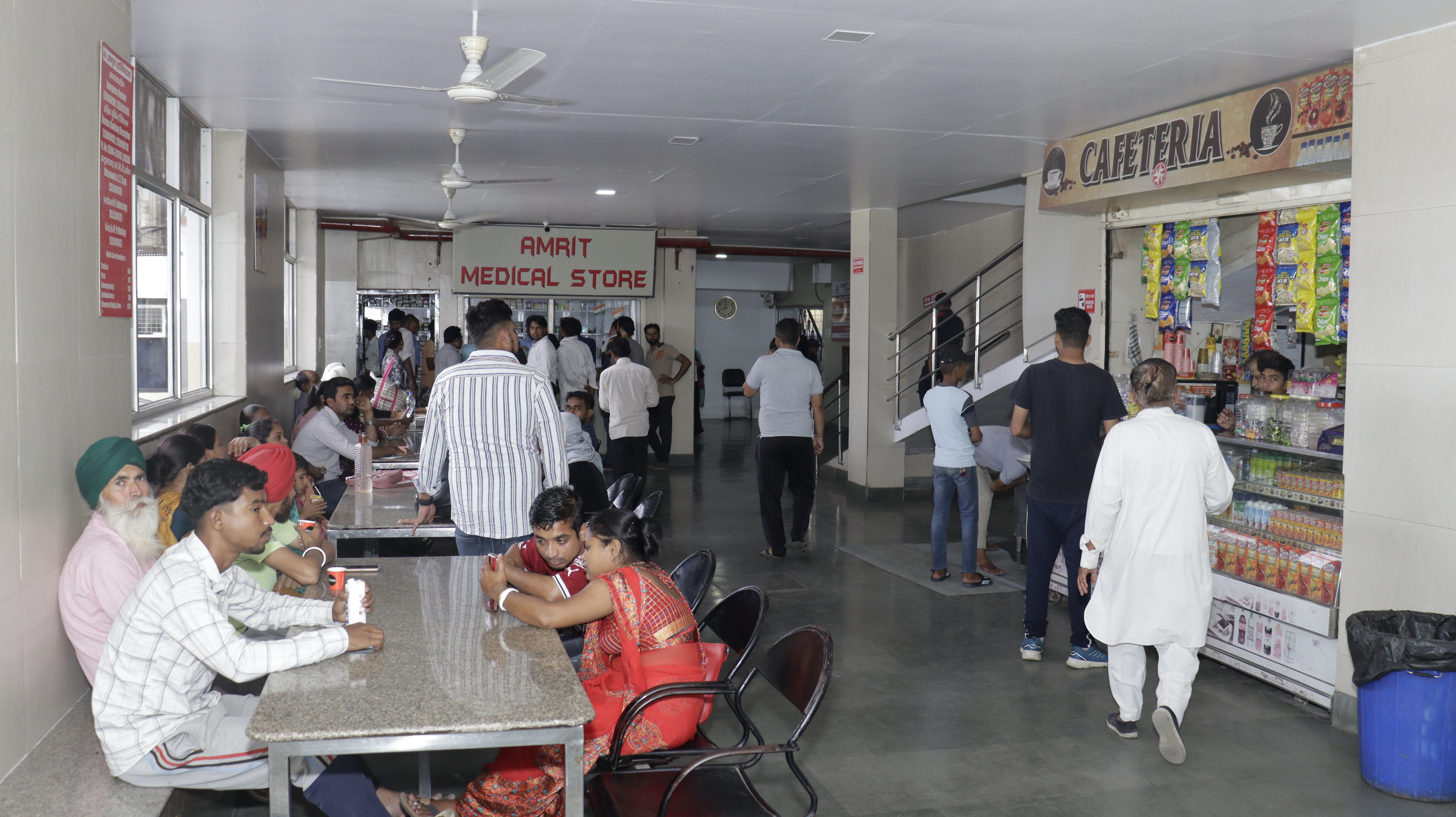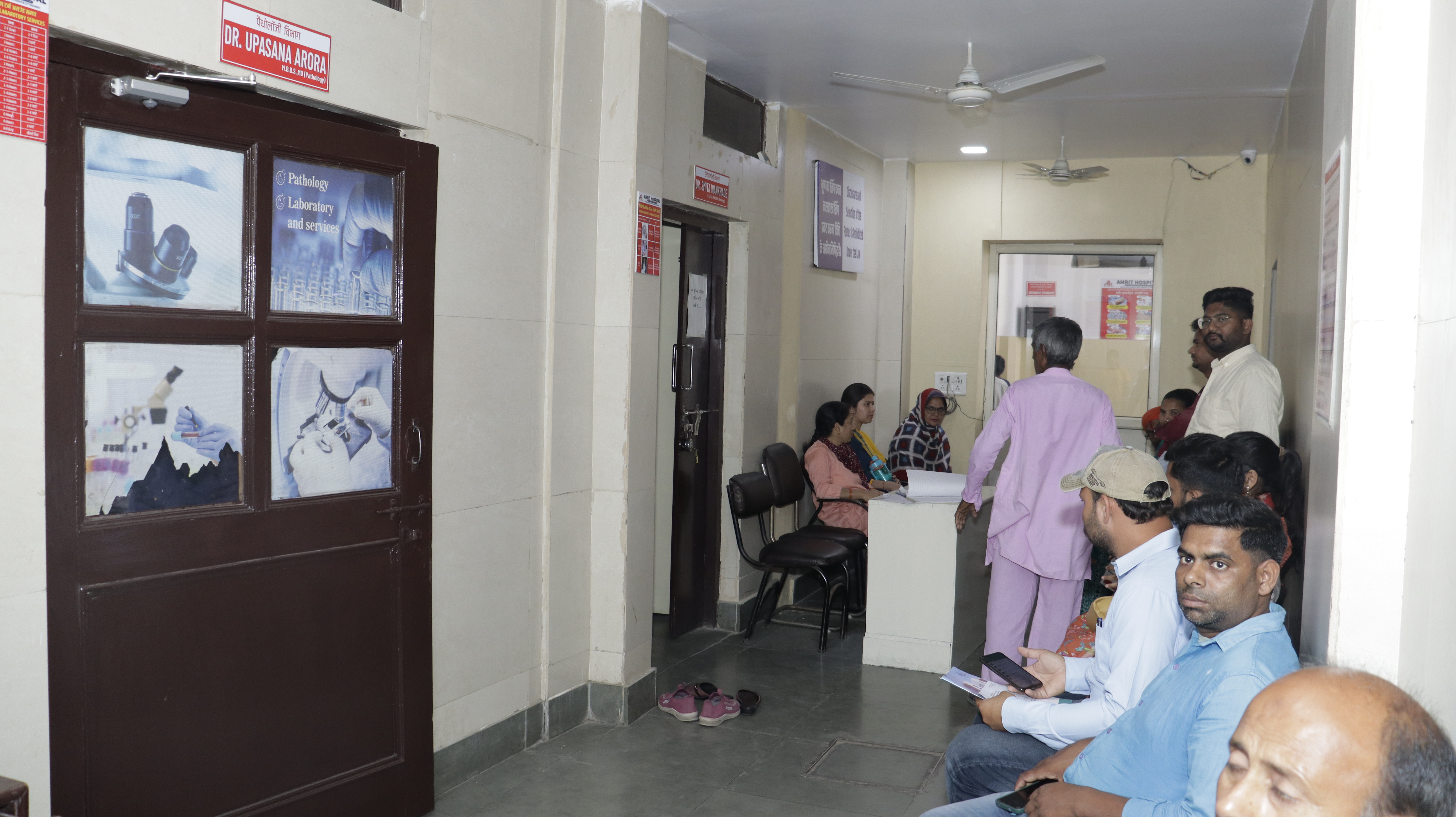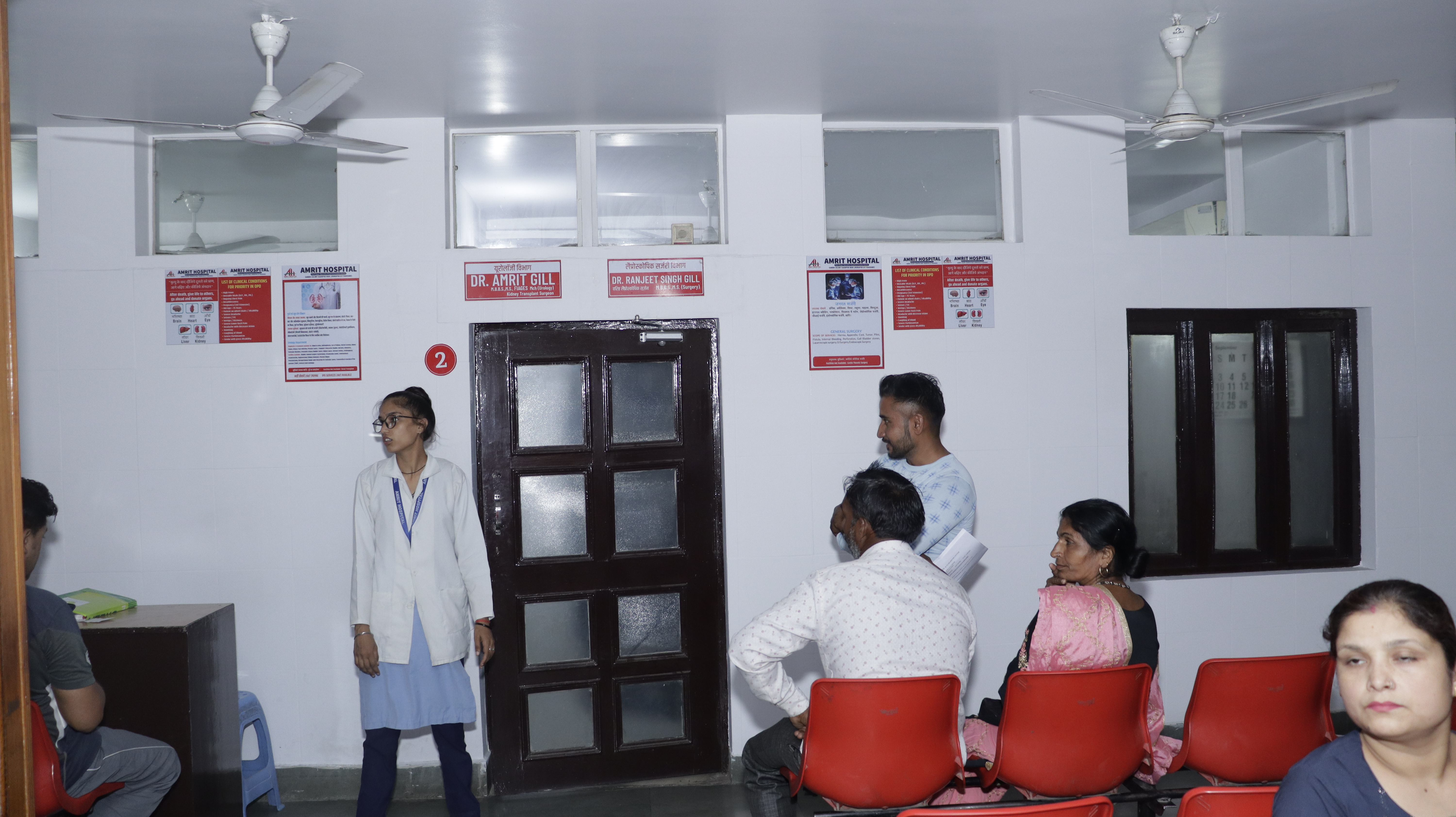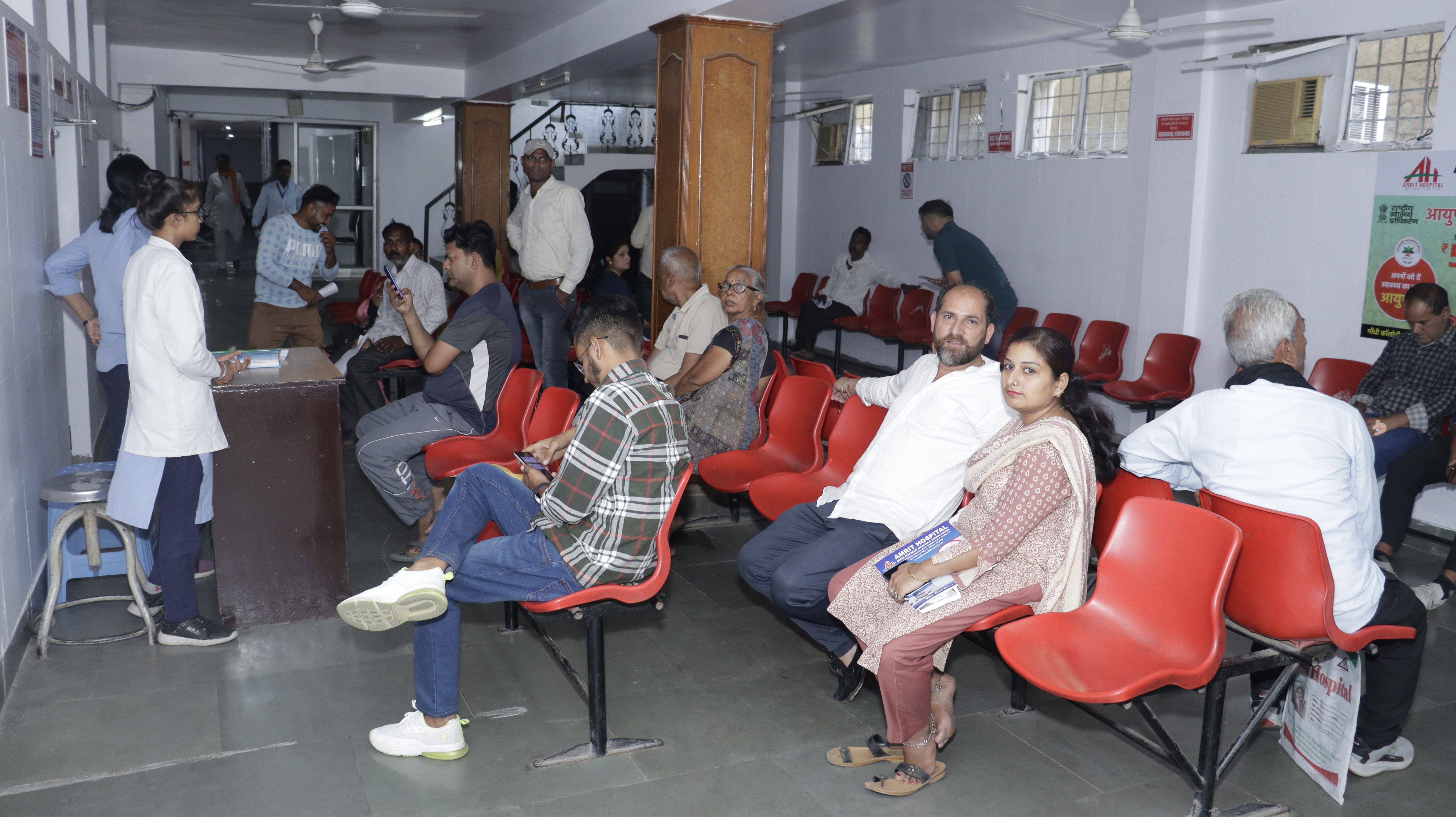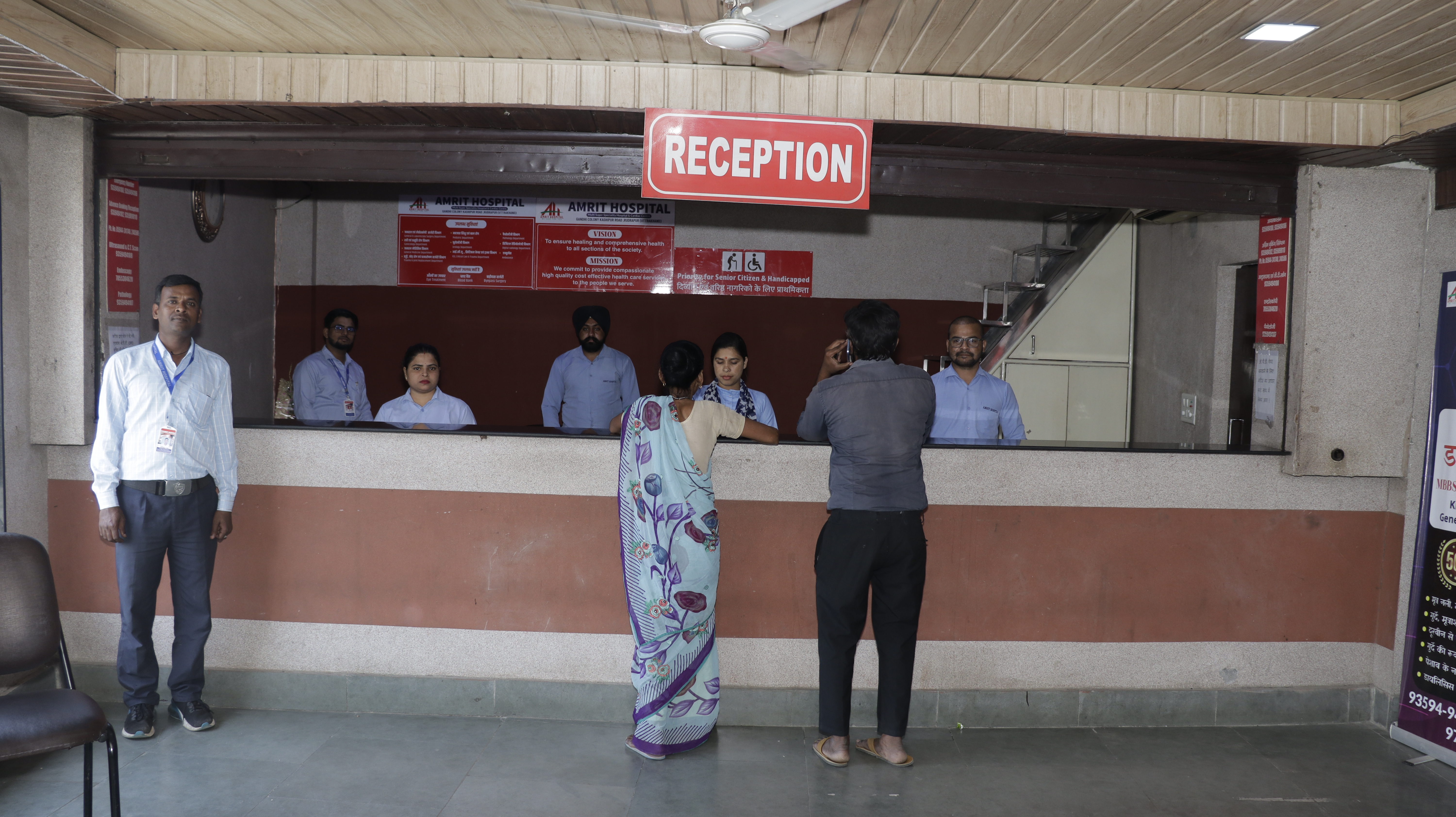- +91 93594 94102
- +91 63775 93771
-
Amrit Hospital, Gandhi Colony, Rudrapur


3000+ Surgeries
Dr. Amrit Gill
MBBS, MS,FIAGES, Mch (Urology) & Kidney Transplant Surgeon, with an experience of more than
500+ kidney Transplants, He is one of the best Urologist in the North region.
Dr. Amrit believes that, to provide my patients with the highest quality
healthcare, I'm dedicated to the newest advancements and keep up-to-date with the latest health care technologies.
He is heading the urology department of Amrit Hospital, situated in Rudrapur (Uttarakhand). Dr. Amrit Gill is a highly skilled surgeon and a great innovator in urologic procedures and treatment practice with experience.
Our Treatments
Female Urology
The subspecialty of female urology is concerned with the diagnosis and treatment of urinary tract disorders, most prevalent in females (urinary incontinence, overactive bladder, pelvic organ prolapse, recurrent urinary tract infection, and pelvic pain). Expert evaluation of these conditions includes a complete history and physical exam, as well as additional bladder studies such as Urodynamics (i.e. bladder function test), imaging studies (i.e. CT Scan and/or MRI), and cystoscopy.
There may be many warning signs:
- Leaking Urine
- Blood in Urine
- Painful back and sides
- You want to urinate every little while.
Laparoscopic Urology
Laparoscopy is a surgical procedure that employs fibre-optic instruments to inspect and operate on the organs inside the abdomen or the pelvic cavities. Through the use of fibre-optic technology, small incisions are made during the procedure and therefore it is low-risk and a minimally invasive operation.
Advantages of Laparoscopic Surgery
- Faster Recovery
- Shorter Hospital Stay
- Better Cosmesis
- Less pain or Painless Surgery
- Earlier return to work or normal activity
Urological Oncology
Urological Oncology, is a cancer discipline that deals with cancer of the male and female urinary tracts, as well as, the male reproductive organs. Urological oncology is concerned with the diagnosis, staging, and treatment of urological cancers that affect the urinary bladder, kidney, prostate, penis, and testicles.
Types of Urologic Cancers
- Bladder cancer Affects the cells that line the urinary bladder, a small sac that collects urine for excretion.
- Renal (kidney) Cancer forms in the small tubes that clean the blood of the kidneys. Renal pelvis cancer is a rare form of this disease. It occurs in the part of the kidney that connects to the bladder.
- Prostate Cancer Prostate cancer is one of the most common types of cancer.
Reconstructive Urology
The Department of Urology’s team of reconstructive specialists brings extensive training and experience to their practice in the diagnosis and treatment of all manner of urologic dysfunctions. At our high-volume referral center with particular expertise in minimally invasive surgical techniques for treating these disorders, we are able to offer the very best in urologic care for a variety of issues including:
- Artificial urinary sphincter
- Buried penis
- Fistulas of the lower urinary tract
- Gender affirming genital surgery
What is Urolithiasis?
Urolithiasis is a term used to describe calculi or stones that form the urinary tract. This condition involves the formation of calcifications in the urinary system, usually in the kidneys or ureters, but may also affect the bladder and/or urethra. Urolithiasis is a common condition that with various risk factors and causes, including lifestyle habits and other practices.
Symptoms
- Renal or ureteral colic
- Blood in the urine (hematuria)
- Urinary tract infection
- Abdominal pain
Prostate Surgery
Your prostate is a small gland that’s part of the male reproductive system. It surrounds the urethra, which is the tube through which semen (ejaculate) and urine (pee) flow out of your body. It contributes extra fluid to your ejaculate. Fluid (semen) from your prostate enters the urethra during ejaculation, and muscles surrounding the urethra squeeze (contract) to push semen out of the urethra when you orgasm.
Types of Prostate Surgery
- Radical Prostatectomy
- Transurethral resection of the prostate (TURP)
- Pelvic Lymphadenectomy
A V Fistula for Dialysis
An AV fistula is a surgical connection made between an artery and a vein, created by a vascular specialist. An AV fistula is typically located in your arm, however, if necessary it can be placed in the leg. With an AV fistula, blood flows from the artery directly into the vein, increasing the blood pressure and amount of blood flow through the vein. The increased flow and pressure causes the veins to enlarge. The enlarged veins will be capable of delivering the amount of blood flow necessary to provide an adequate hemodialysis treatment.
Advantages of an AV Fistula
- Remains functional longer than other forms of vascular access
- No synthetic material implanted in your body
- Provides the necessary blood flow needed for effective dialysis, which may help to decrease treatment time.
What is Andrology?
Andrology is the study of male diseases and male health, particularly relating to male reproductive problems and urological problems that are unique to men. Andrology addresses issues of infertility in males, erectile dysfunction, impotence, andropause, also know as male menopause, and male contraception. Although not as well known, Andrology is the male version of gynecology, which deals with medical issues of the female reproductive system.
An Andrologist, is a medical doctor who specializes in male reproductive issues and male sexual dysfunction. When treating patients with infertility issues, an Andrologist will devise a treatment plan that is best suited for the patient. Drugs, such as steroids or antibiotics, may be the preferred treatment plan to improve the quality of a patient’s semen.
Kidney Biopsy/ Renel Biopsy
A combination of state of the art infrastructure, internationally trained faculty and comprehensive Dr. Anirudh Kaushik provide all urology services under one roof along with the motto of treating with care makes Holy Family Hospital the top choice for patients across the world seeking Kidney cancer treatment in India.
There are two ways to perform a renal biopsy:
Percutaneous biopsy (renal needle biopsy) This is the most common type of renal biopsy. For this procedure, a doctor inserts a thin biopsy needle through the skin to remove your kidney tissue. They may use an ultrasound or CT scan to direct the needle to a specific area of the kidney.
Prostate Biopsy
Prostate gland biopsy; Transrectal prostate biopsy; Fine needle biopsy of the prostate; Core biopsy of the prostate; Targeted prostate biopsy; Prostate biopsy - transrectal ultrasound (TRUS); Stereotactic transperineal prostate biopsy (STPB)
There are three main ways to perform a prostate biopsy
- You will be asked to lie still on your side with your knees bent.
- The health care provider will insert a finger-sized ultrasound probe into your rectum. You may feel a little discomfort or pressure.
- The ultrasound allows the provider to see images of the prostate. Using these images, the provider will inject a numbing medicine around the prostate.
- Then, using ultrasound to guide the biopsy needle, the provider will insert the needle into the prostate to take a sample. This may cause a brief stinging sensation.
Our Media
FAQ's
Yes, it is a 100 % safe procedure. Studies and research shows that it has much lesser complications than open surgery. In open surgery, there is a chance of complications after surgery, such as swelling, infection, irritation, bleeding and it takes a long period of time to recover from them all. Laparoscopic surgery can assure a patient, much lesser chances of complications after the operation along with a quick recovery. Choosing the best laparoscopic surgery hospital and expert laparoscopic surgeon is important for patients to minimize the degree of risk.
Blood in the urine (haematuria), pain and/or burning sensation during urination, lower back pain, urge to urinate frequently, especially during night.
Dialysis, either hemodialysis or peritoneal dialysis, is a life-saving procedure that replaces kidney function when the organs fail. In order to be treated with dialysis, physicians must establish a connection between the dialysis equipment and the patient's bloodstream. Dialysis access surgery creates the vascular opening so a needle can be inserted for hemodialysis or an abdominal catheter inserted for peritoneal dialysis. There are several ways to establish dialysis access. Your nephrologist (kidney doctor) and surgeon will work with you to decide which type of access will provide you with the best long-term dialysis.
This is different in each patient. Typically, it takes several months for even small stones to form, but for people who are more likely to form stones, stone formation can happen in a matter of weeks.
Why to Choose Amrit Hospital ?





